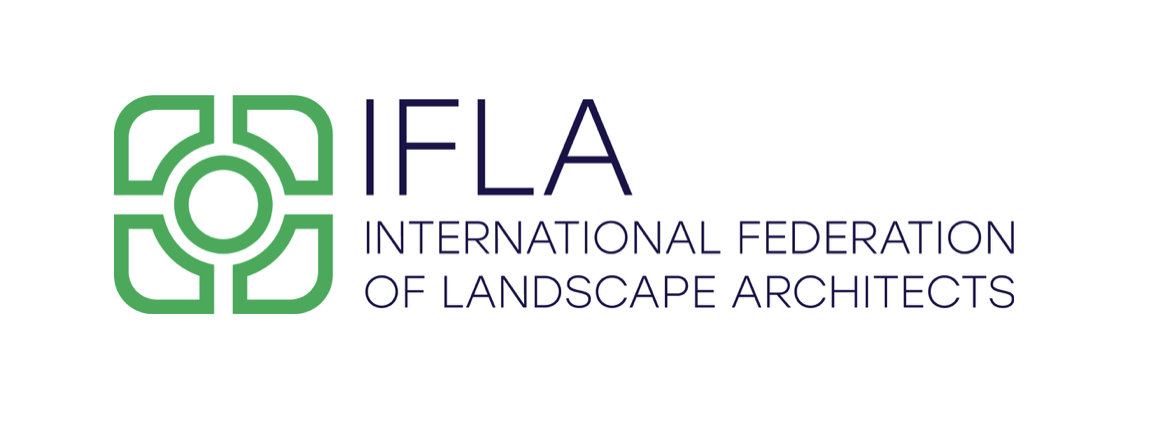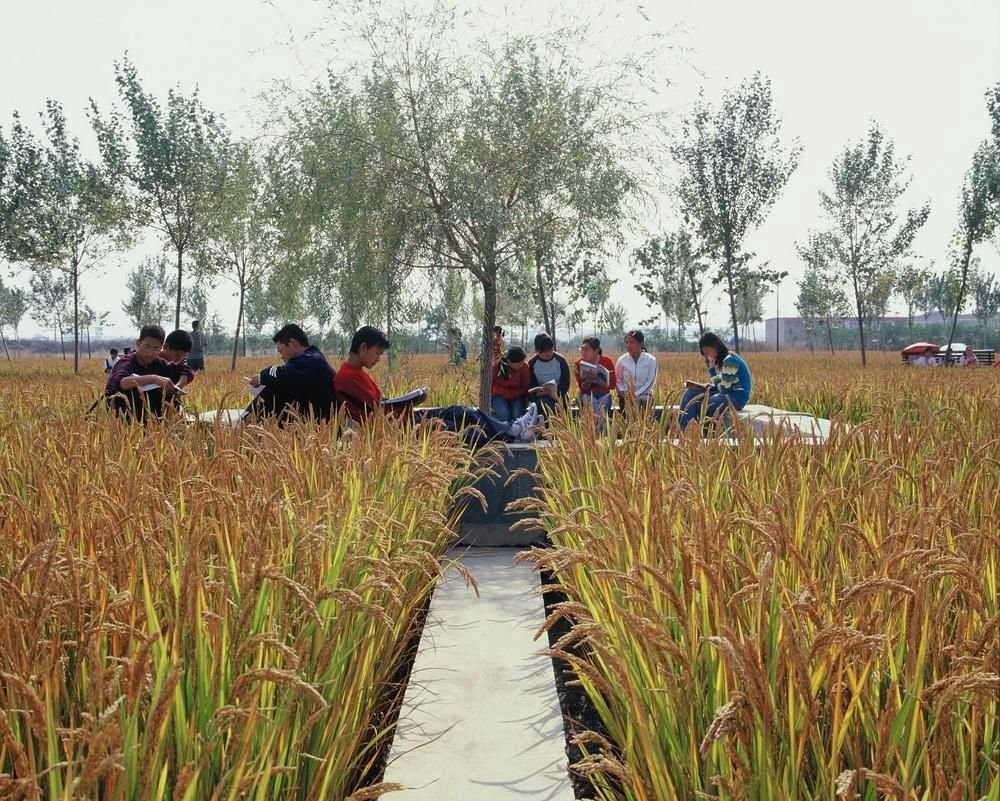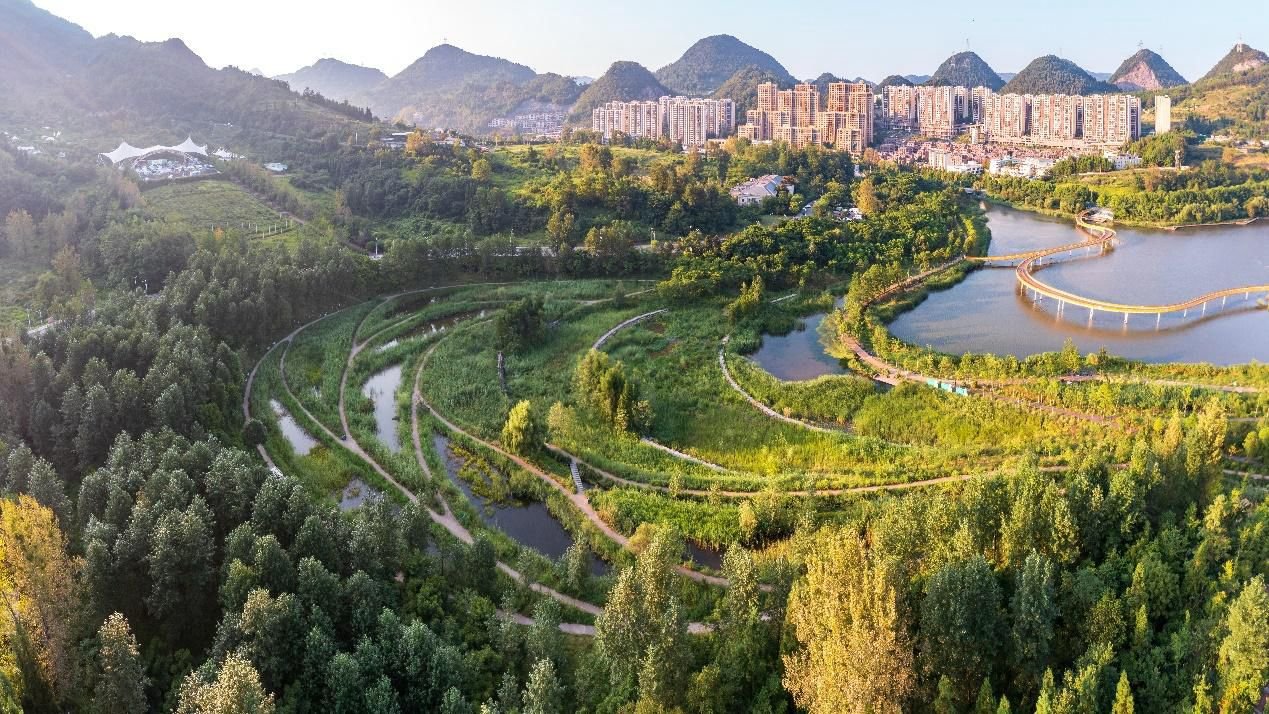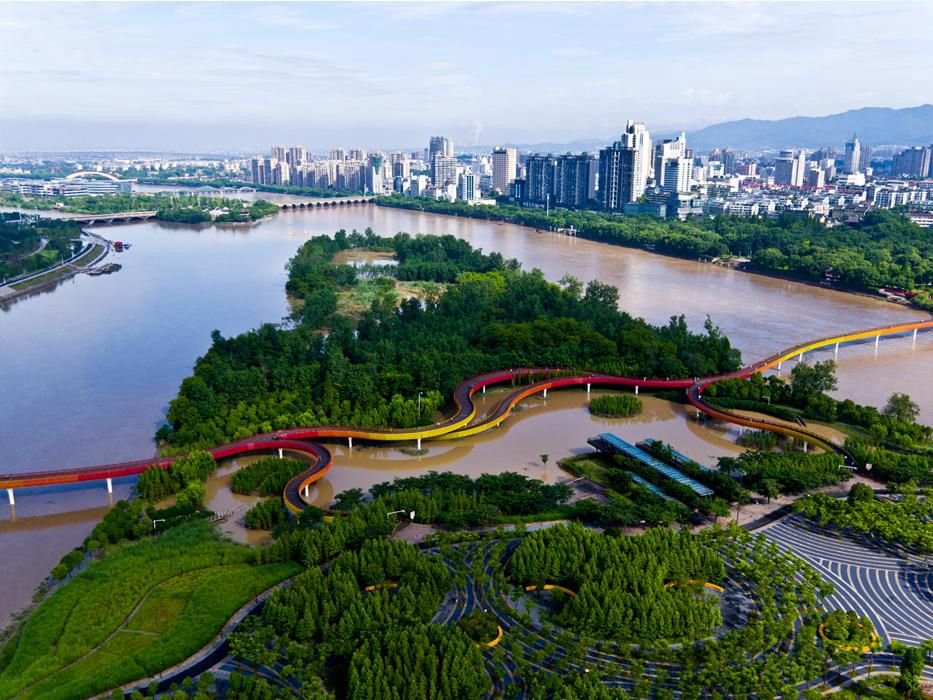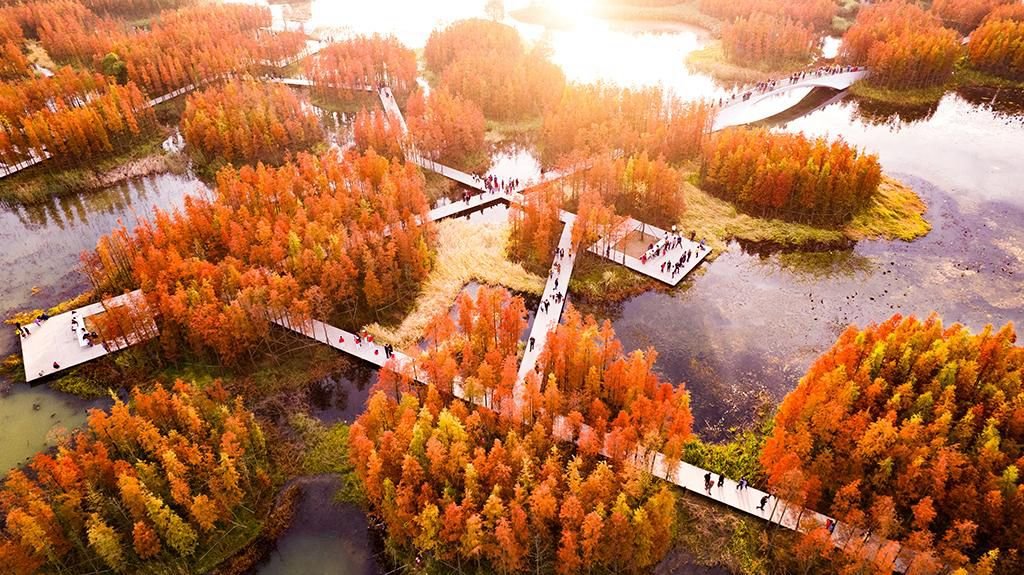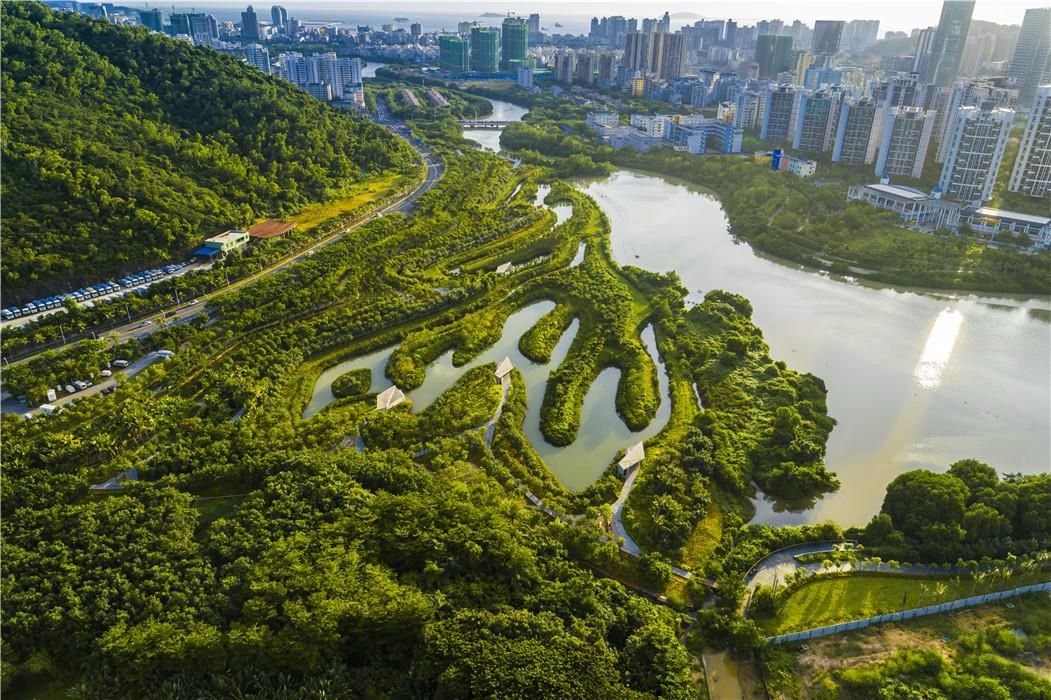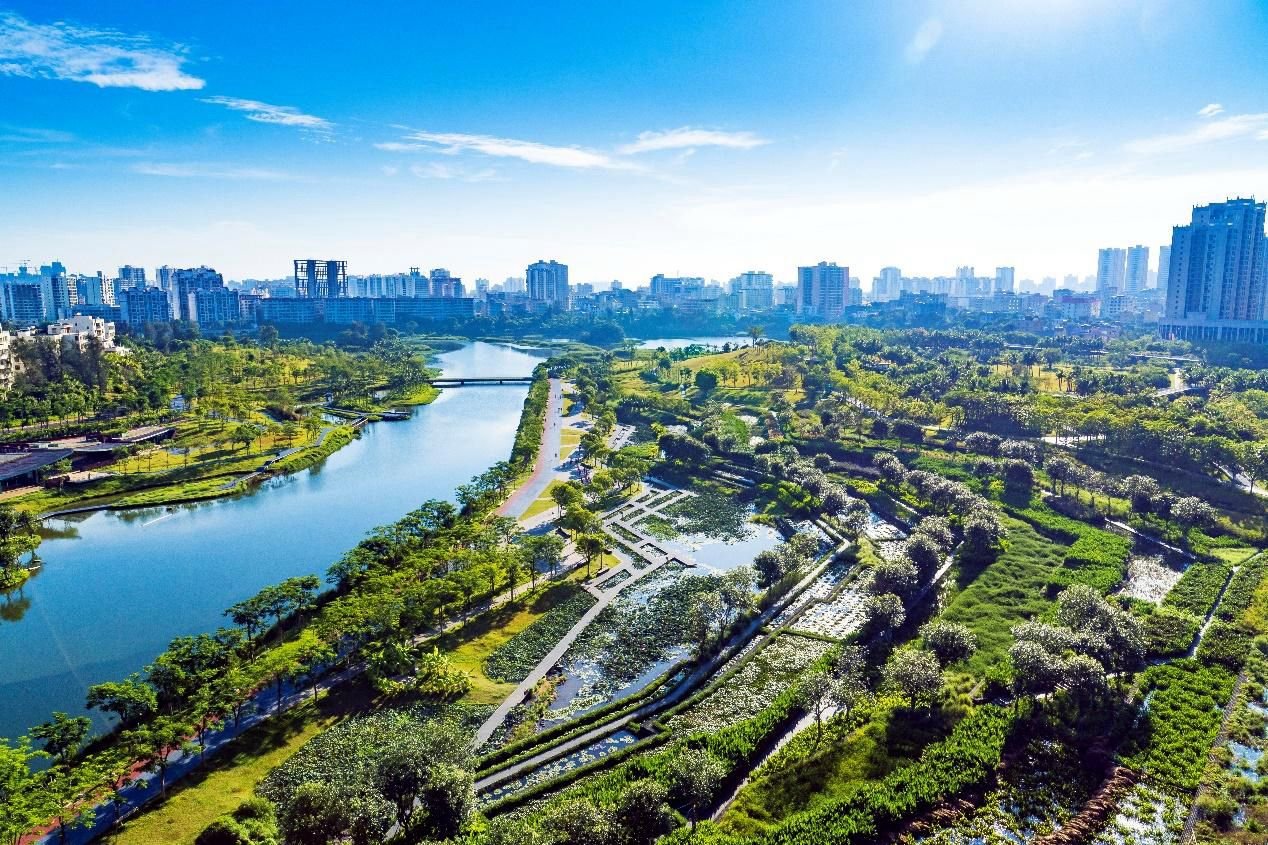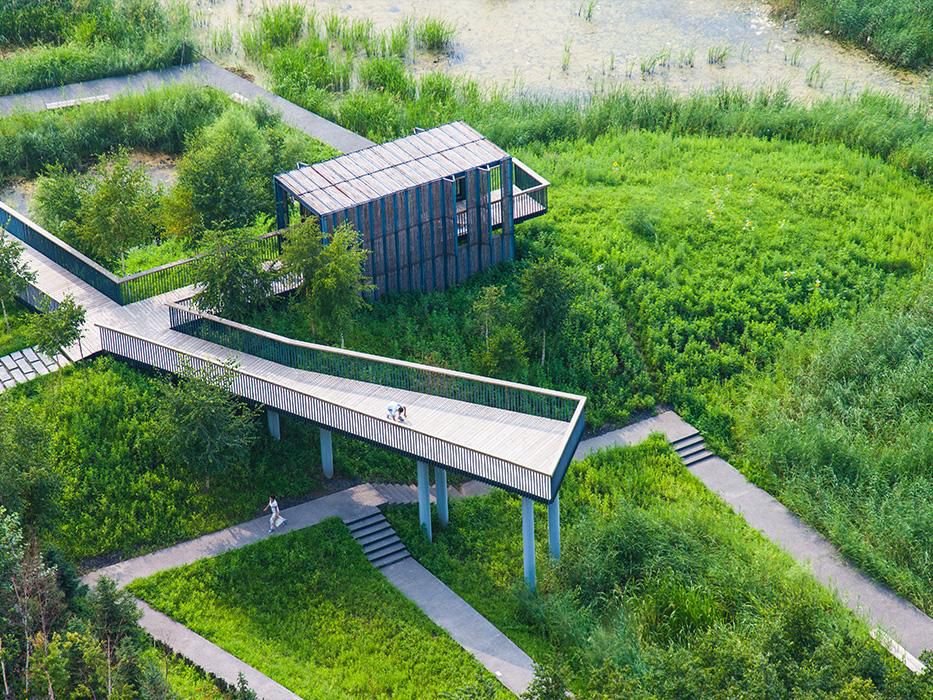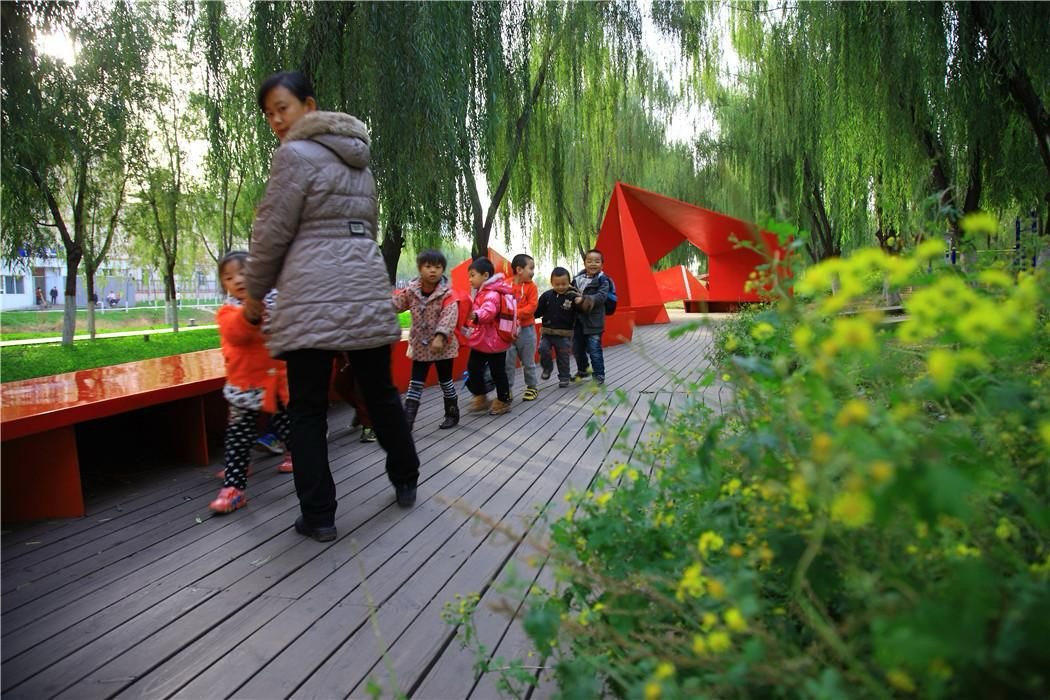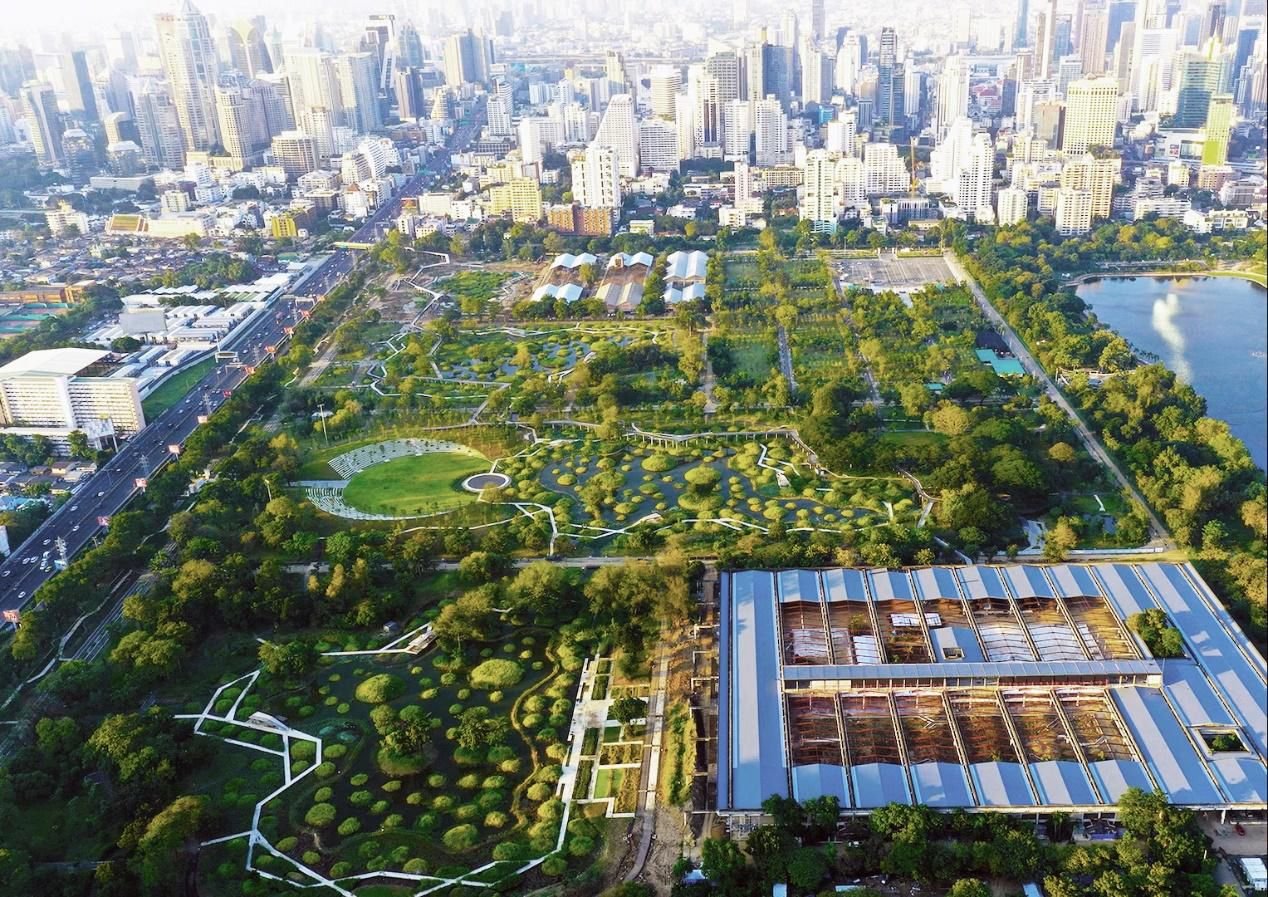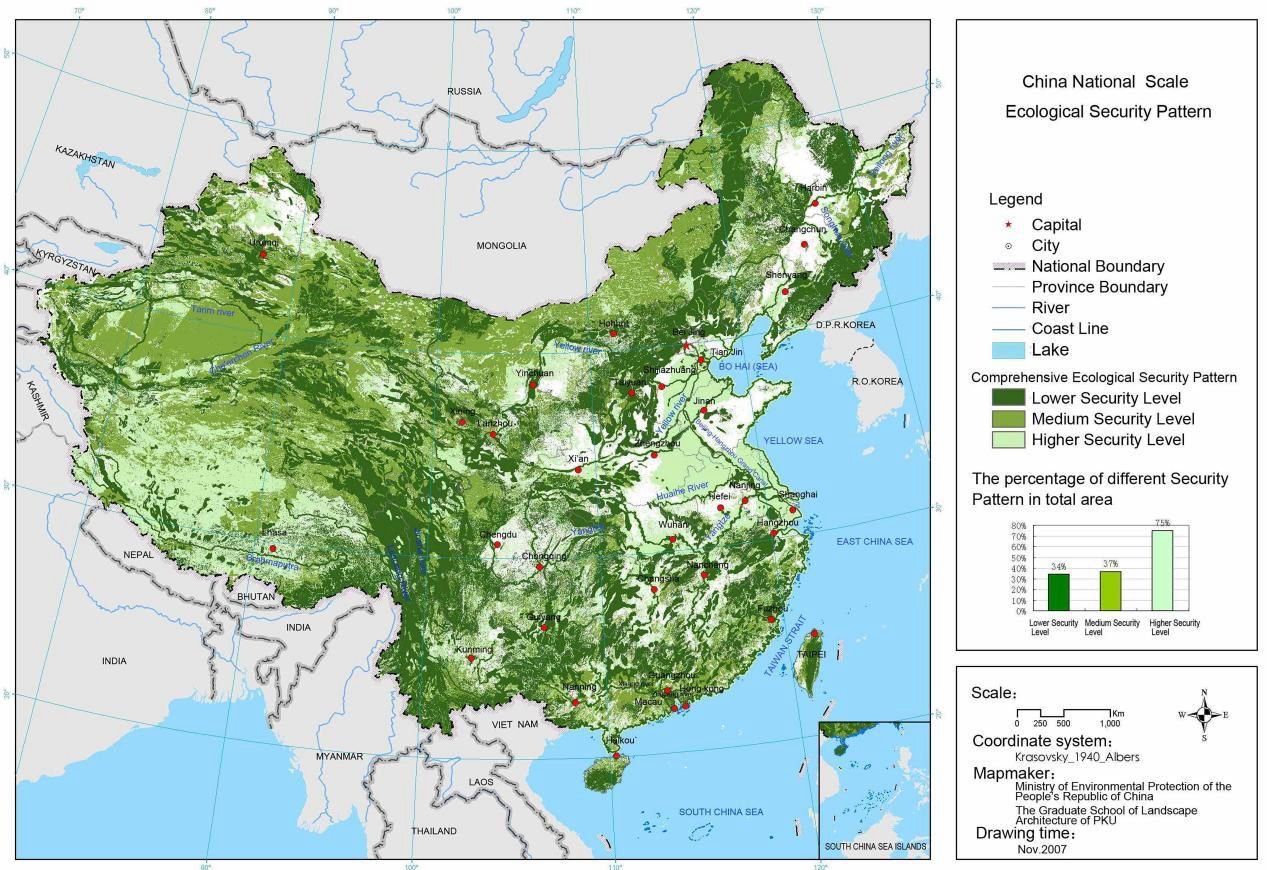Turenscape Joins IFLA as Asia Pacific’s First Corporate Member: Catalyzing Regional Collaboration and Global Landscape
Turenscape, the world-renowned pioneer in ecological urbanism and climate-resilient design, has become the first Corporate Member of the International Federation of Landscape Architects (IFLA) in the Asia-Pacific region. This landmark achievement highlights Turenscape’s leadership in sustainable urban design and global climate action, signaling a new era of strengthened regional partnerships, integrated resources, and enhanced global diversity in landscape architectur.
As IFLA’s global influence now spans over 80 countries, Turenscape’s inclusion as Asia’s inaugural Corporate Member strengthens IFLA’s geographical reach and cultural inclusive in professional practice. By bridging East-West design philosophies, Turenscape will amplify the voices of Asian landscape architects on the global stage, fostering cross-cultural dialogue and innovation. This collaboration aligns with IFLA’s mission to “design a sustainable future” by integrating local knowledge with cutting-edge international practices.
Turenscape established in 1998 by Dr. Kongjian Yu—Doctor of Design from Harvard GSD graduate, Member of the American Academy of Arts and Sciences, laureate of the Oberlander Prize, and recipient of the IFLA Sir Geoffrey Jellicoe Award. For over 25 years, he has spent his academic career fighting against deteriorating urban ecologies and the environment. His pioneering research on Ecological Security Pattern (1995) and Ecological Infrastructure, Negative Planning and Sponge Cities (2003) has been adopted by the Chinese government as guiding theory for nationwide ecological protection and restoration campaigns. He helped shift Chinese national-level policies from economic development-centered urbanism toward ecologically prudent urbanism through numerous letters to top Chinese leaders and over 600 lectures to mayors, ministers and almost all ranks of Chinese official. Built upon his research and practice over the past 30 years, he is promoting his vision of the "Sponge Planet," a new paradigm shift in global climate resilience, positioning landscape architecture at the forefront and center stage in the battle for global climate action (https://www.nature.com/articles/s44221-024-00355-x#:~:text=Drawing%20inspiration%20from%20natural%20systems,slow%20water%20on%20the%20land).
Led by Dr. Kongjian Yu, Turenscape has transformed over 1,000 degraded sites across 250 cities into ecologically resilient and culturally vibrant landscapes. Deeply rooted in research and practice, Turenscape is guided by innovation, cultural sensitivity, and ecological integrity—values that have earned the firm over 100 prestigious international awards. These accolades include 18 ASLA Excellence and Honor Awards, 9 World Architecture Festival (WAF) Awards, 6 AZ Awards, 2 UIA Awards, the Holcim Award for Sustainable Construction, the ULI Global Award for Excellence. In 2021, Fast Company named Turenscape among "The 10 Most Innovative Architecture Companies." For all its achievement, Turenscape received the US Cooper Hewitt National Design Award, and the 2025 RAIC International Prize from the Royal Architectural Institute of Canada.
Turenscape’s award-winning projects—guided by the philosophies of Tread Lightly, Go Productive, Value the Ordinary, Inclusive Space, Political Design, and Sponge City/Planet principles (Retaining Water, Slowing Water Flow, Embracing Water), as well as strategies such as Gray into Green, Climate Resilience, Habitat Restoration, and Healing the Planet through recovering and rewilding the Sponge Planet using low-tech, nature-based solutions—illustrate how integrated land-based, water-driven technologies and cultural heritage can effectively address urgent challenges of urbanization and climate change.
For example, “Tread Lightly” is embodied by the Red Ribbon Park in Qinhuangdao, where a 500-meter minimalistic red installation revitalizes a natural river corridor, showcasing the power of subtle intervention.
In “Go Productive”, the Shenyang Architecture University campus integrates rice paddies into its urban setting, reconnecting students with agricultural traditions and making productive landscapes a daily experience.
“Inclusive Space” is illustrated by the revitalization of Kazan’s waterfront in Russia, where terraced bioswales and reactivated lakefronts foster social equity and ecological function in a multicultural context.
The “Sponge City” principle of retaining water is demonstrated in Dong’an Wetland Park in Sanya, where adaptive landscape techniques inspired by monsoon culture create an urban oasis that mitigates flooding, cools summer temperatures, and restores native biodiversity.
The “Sponge City” principle of slowing water is realized at Minhu Wetland in Liupanshui, where flood-prone urban waterways have been transformed into a resilient sponge system that purifies water while providing public recreational spaces.
The “Sponge City” principle of embracing water is exemplified by Yanweizhou Park in Jinhua, where hard concrete flood walls have been replaced by resilient, terraced embankments planted with native vegetation, harmonizing seasonal flooding with public recreation.
Similarly, climate resilience is exemplified by Fish Tail Park in Nanchang, where a former dump site has been transformed into a floating forest that mitigates flooding, supports biodiversity, and enhances public engagement.
The strategy of “Climate Adaptation” shines through in Sanya Mangrove Park, where degraded coastal land within a concrete floodwall was restored into a thriving mangrove ecotone that blunts tropical storms and reestablishes natural hydrology.
Gray into Green, a fundamental principle of landscape architecture, leverages nature-based infrastructure to deliver multiple ecosystem services. This is exemplified by the 20-kilometer-long Meishe River Ecological Corridor in Haikou, which transformed a concrete drainage channel, restoring vitality to the city's "mother river."
In terms of “Habitat Restoration”, Qunli Stormwater Park in Harbin reintroduces wetlands into urban fabric, functioning as a “green sponge” that filters stormwater, restores habitats, and provides aesthetic and recreational value.
“Healing the Planet” is powerfully demonstrated in the Sanlihe Greenway in Qian’an, where a former sewage drain and dump was transformed into a green infrastructure corridor, blending ecological restoration with cultural identity and recreational use.
Rewilding the Sponge Planet through low-tech, nature-based solutions is exemplified by Benjakitti Forest Park in downtown Bangkok, where a former tobacco factory site has been transformed into a vibrant ecological landscape. This iconic landmark now attracts over 110 native bird species back to the city.
Finally, the principle of “Political Design” is represented by the National Ecological Security Pattern Plan, a state-level strategy I led that reimagines China's territorial planning by placing ecological infrastructure at its core—a pioneering effort now influencing national policy.
With the support of IFLA’s global network, Turenscape aims to scale these nature-based, culturally rooted solutions to regions facing similar ecological and social dilemmas, particularly in rapidly urbanizing mega-cities across Asia. These projects are not only design achievements but prototypes for a new urbanism where ecological security, social equity, and cultural continuity converge.
Turenscape’s IFLA membership is a clarion call for multi-stakeholder collaboration. Their partnership with the United Nations Habitat and World Green Design Organization (WGDO) exemplifies how cross-sectoral alliances can drive systemic change. As IFLA’s Asian representative, Turenscape will advocate for equitable access to green infrastructure and cultural-sensitive design, ensuring that marginalized communities benefit from sustainable urbanization.
To explore Turenscape’s transformative projects and their vision for a resilient, inclusive future, visit https://www.turenscape.com. Together, we can redefine landscape architecture as a force for social equity, ecological regeneration, climate resilience and global solidarity.
